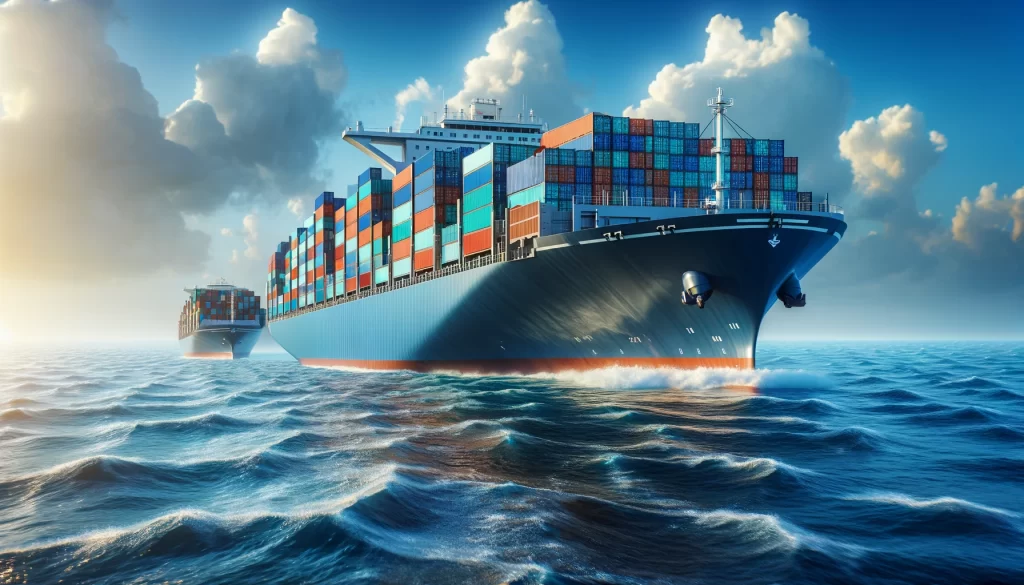Despite concerns over potential overcapacity, major container lines continue to invest in new vessels, betting on long-term strategies and operational efficiencies to mitigate risks.
The global container shipping industry is witnessing a significant increase in new ship orders, with around 7 million TEUs on order, nearly 25% of the current fleet’s capacity. Analysts and industry leaders discussed the potential impact of this surge at the TPM24 conference.
Long-Term Delivery Schedules
Jan Tiedemann, a senior analyst at Alphaliner, highlighted that the delivery timeline for these new vessels extends to 2029, suggesting that the market will not be immediately flooded with excess capacity.
Scrapping Older Vessels
To accommodate the new, more efficient ships, older and less eco-friendly vessels may be scrapped. The modern ships, designed to run on alternative fuels like LNG and methanol, will replace those that are over two decades old and not suitable for smaller ports.
Operational Adjustments
Container lines are slowing down ships to save fuel, necessitating more tonnage to maintain schedules. Additionally, geopolitical events, such as missile attacks in the Red Sea, have forced rerouting that extends voyage times, requiring more ships to keep up with service demands.
Strategic Overtonnaging
Rolf Habben Jansen, CEO of Hapag-Lloyd, suggests that having a surplus of capacity can be beneficial for carriers, providing a buffer during crises. This strategy has proven useful, particularly in dealing with recent disruptions in the Red Sea.
While the influx of new ships may seem daunting, container lines are confident in their ability to manage the orderbook, provided market conditions remain stable.





